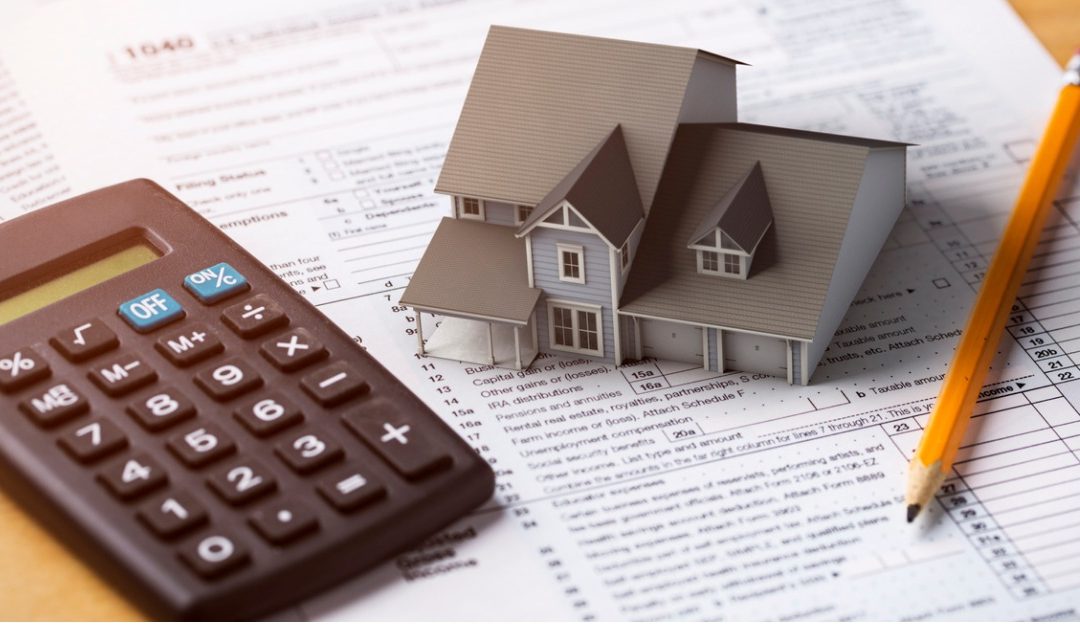If you’re in a borrowing conundrum and you’re confused about mortgage language, the following information might help to clarify the lending world a bit.
Basically, mortgage talks center around fixed or variable rates, along with the term of the mortgage (or how long you’ll be paying them back). Fixed rate mortgages act like an insurance—you know what you’ll be paying and for how long.
Most Canadians who choose a fixed-rate mortgage choose a five-year term, but in today’s economic climate, you might want to rethink that, and here’s why:
A New Possibility
When looking at how inflation works, it may be better to lock into a 10-year fixed term if a fixed mortgage is what you’re leaning toward. For instance, in a more volatile economic climate, which is the case today in Canada, if the interest rate for a fixed, five-year mortgage is around 3.89 per cent and you can get a 10-year fixed mortgage for 4.79 per cent, you might want to consider that since the premium for that extra protection would only be .9 per cent, which is highly reasonable.
A Little-Known Fact
You may not have thought about a longer term, assuming that the penalties for breaking the term might break your bank account, which may be true if you renege in the first five years. But in Canada, the Interest Rate Act stipulates that after five years, your lender can only charge you a penalty of three months’ interest. That means you have the option of keeping your current rate for another five years. It will only cost you that three months’ interest if you choose not to.
Variable Rates
The fact is, no one really knows for sure how interest rates might fluctuate. If you’re afraid that interest rates will skyrocket, perhaps a fixed rate would be more to your liking. On the other hand, if you want to take the chance of having more money in your pocket, you can weigh the options of going with a variable mortgage. If you have equity in your property already, this may be the choice for you. Always consider: Do you have a lot to lose should the interest rate increase substantially?
In essence, the mortgage term you choose has to align with your lifestyle. Historically speaking, comparing five-year fixed terms against variable rates shows that, in most cases, you would have pocketed money by choosing a variable rate. But then again, you now have the option of a 10-year term. It’s up to you to weigh the pros and cons with your lender.





